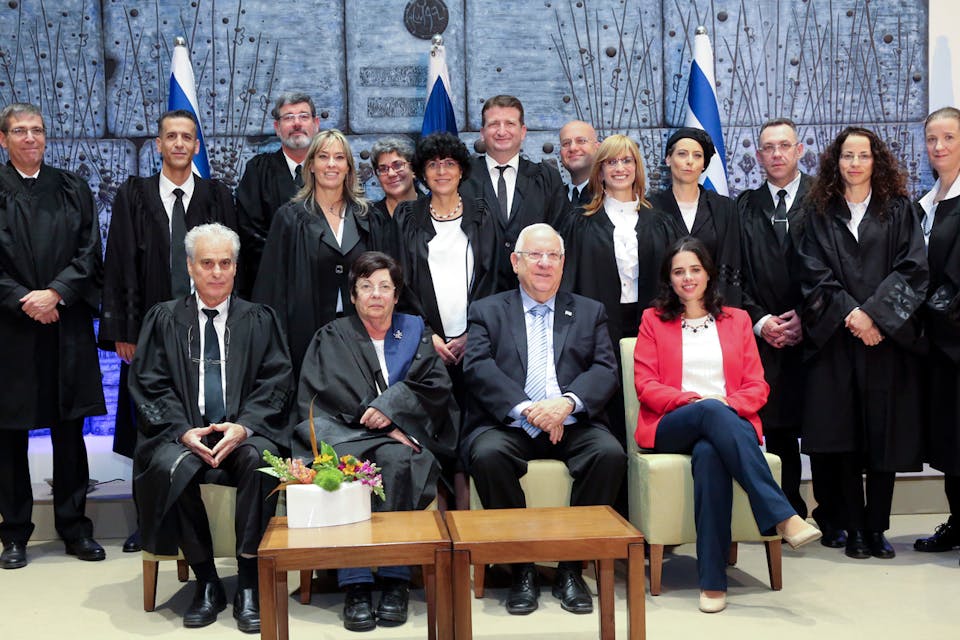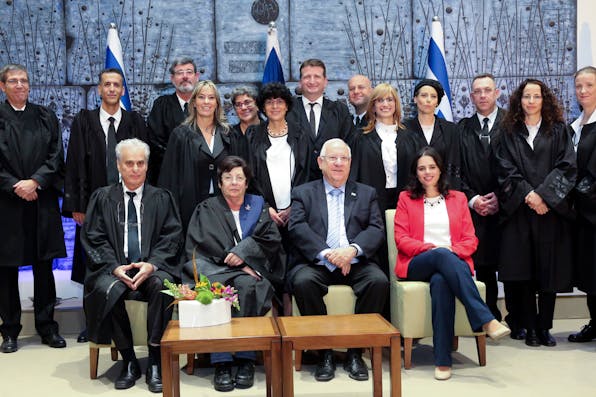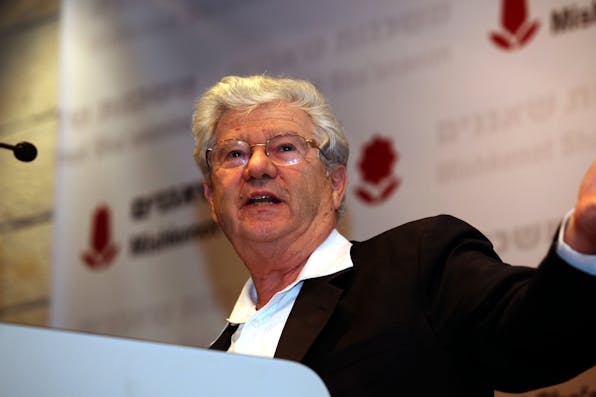
December 19, 2016
Israel’s Supreme Court Is Unusual, but Not That Unusual
The Jewish state is unique both in the strength of its democracy and in the self-assurance of the judges who challenge its democracy. It may be fated to remain so.
Evelyn Gordon begins her essay, “Disorder in the Court,” by juxtaposing a contentious agreement between America and Iran with a contentious agreement between Israel and three private companies; the latter agreement involved Israel’s offshore natural-gas deposits. The comparison is meant to illustrate the unique ambitions of Israel’s supreme court. Informed American readers, however, will not find it all that surprising that courts can delay major development projects. Environmental litigation has that effect all the time in the United States.
A better example to illustrate Gordon’s point—an example she mentions only in passing later in her article—is the Israeli supreme court’s intervention in military decisions. In recent years, for example, the court has repeatedly entertained challenges to planned military actions in Gaza even after having itself acknowledged that Israel’s battle with Hamas should be regarded as an international armed conflict: in other words, war with a foreign state. A few years ago, I attended a conference in Israel that included a number of U.S. military lawyers and their IDF counterparts. The Americans were astounded at the range of issues, regarding such matters as permissible targets for air strikes, that Israel’s supreme court had ventured to adjudicate. No other court in the world has attempted anything of the sort in the midst of war.
All of this judicial supervision operates, as Gordon notes, without a formal constitution and often with little or no clear statutory grounding or other legal warrant. Has any court in modern times gone so far? In a 2007 review, Richard Posner—one of our most self-confident, adventurous, and “pragmatic” federal judges—noted that Aharon Barak, when serving as the Israeli court’s president, had “created out of whole cloth . . . a degree of judicial power undreamed of even by our most aggressive [U.S.] Supreme Court justices.”


